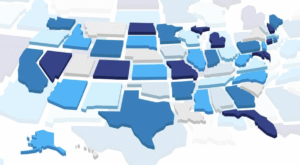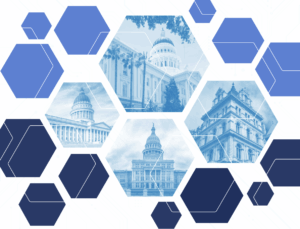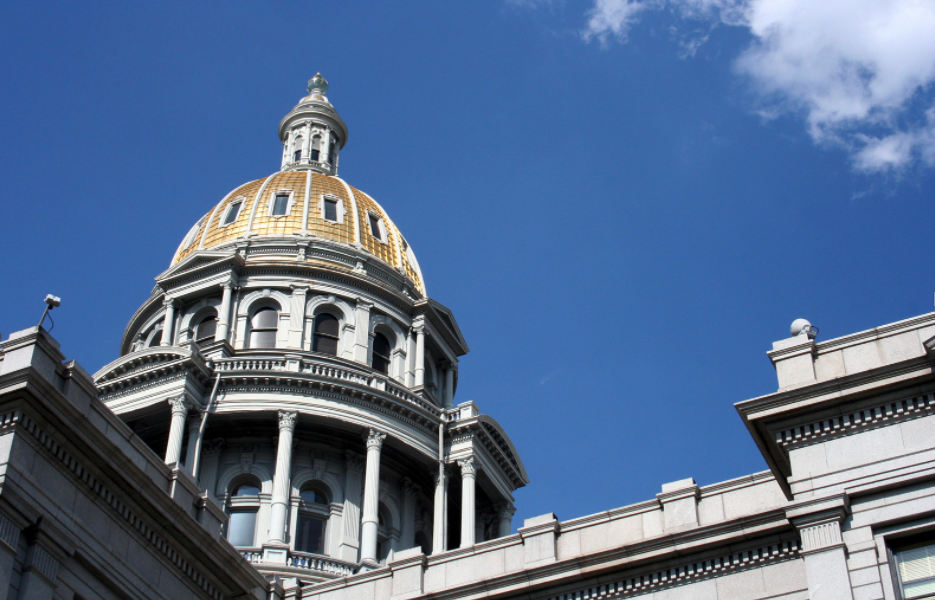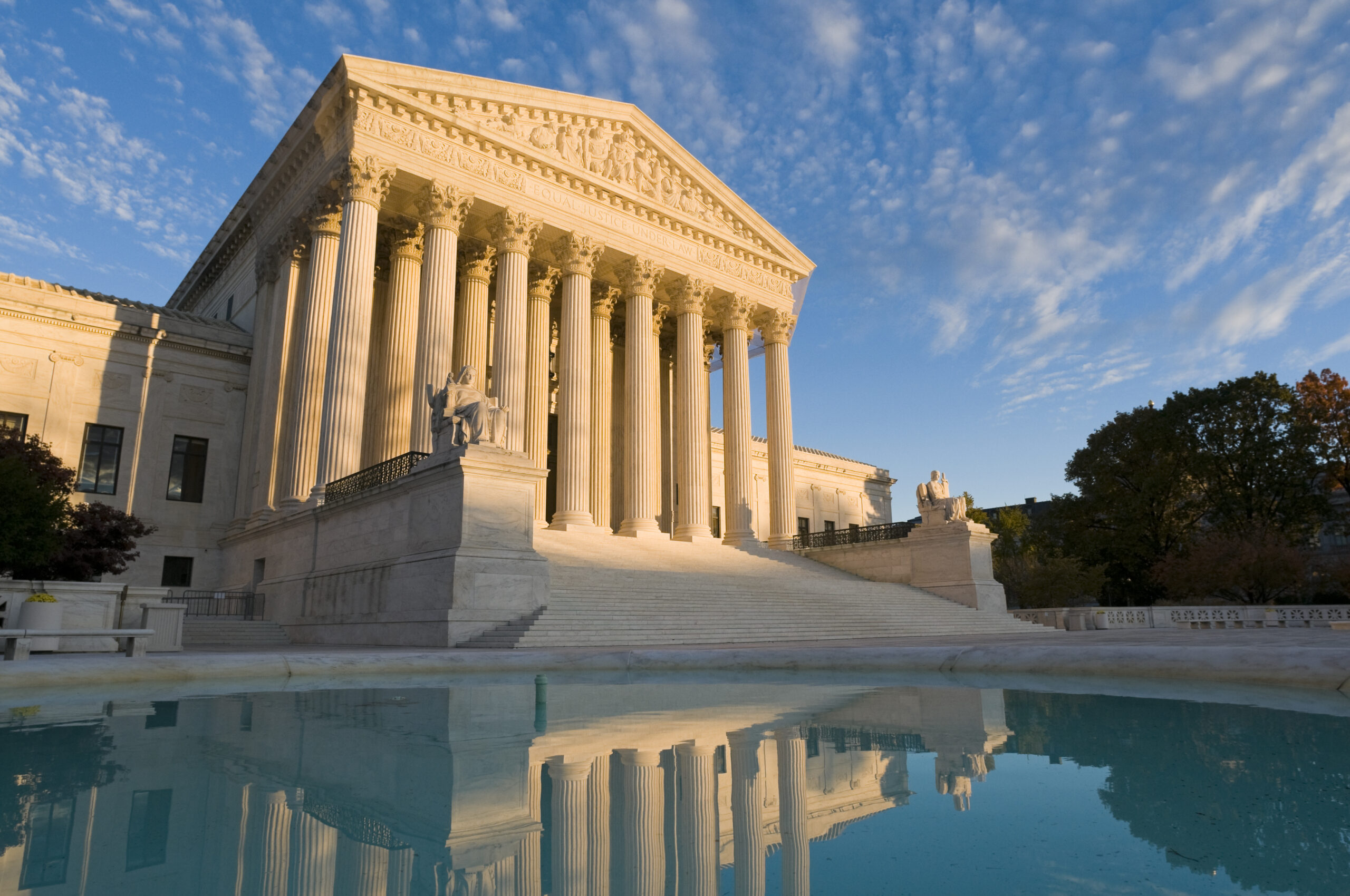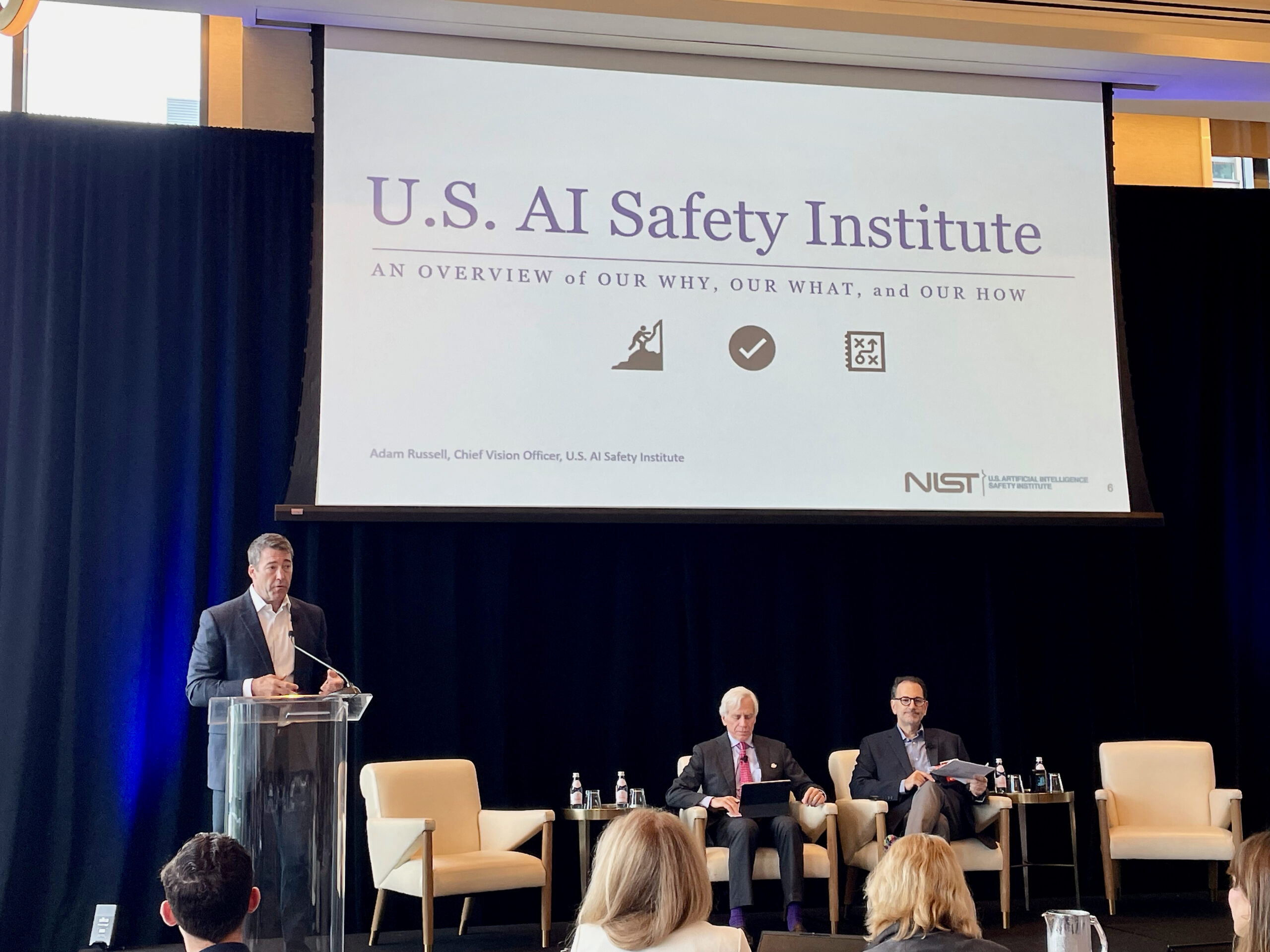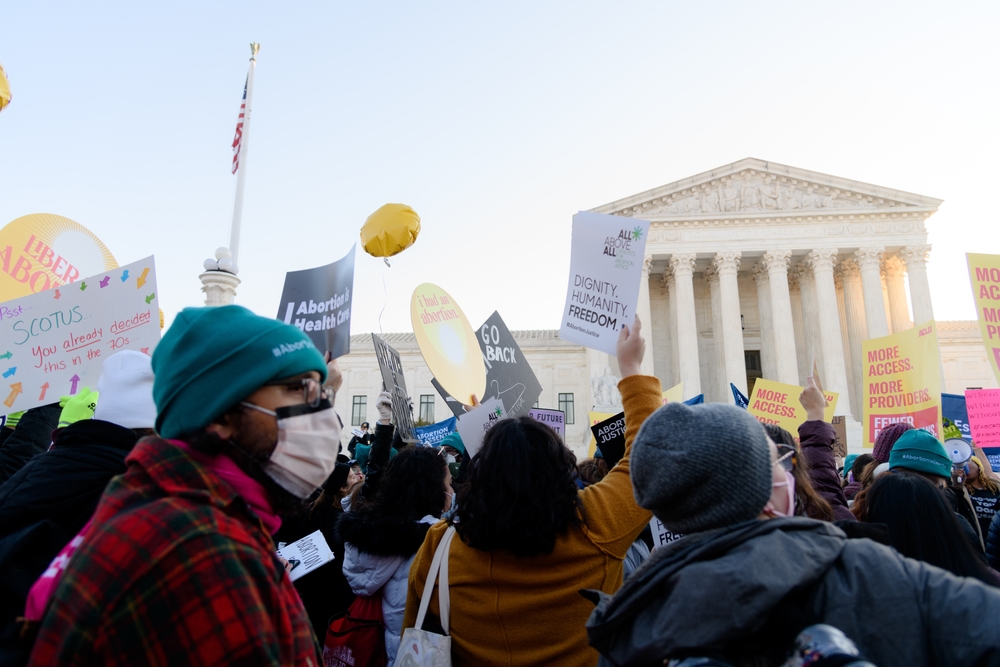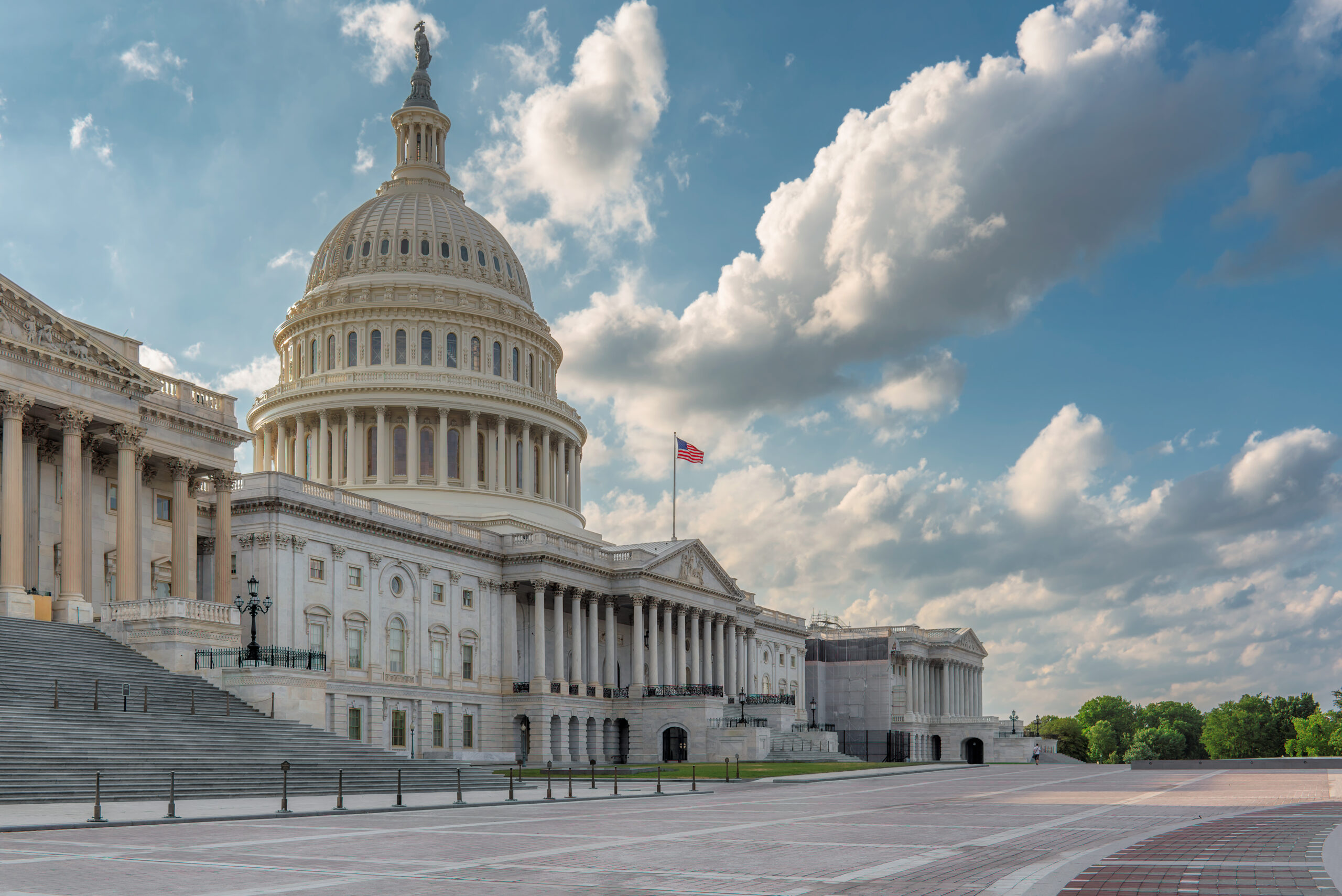Across the United States, evolving data collection and processing practices are driving digital services and socially beneficial research, but also pose increasing risks to individuals and communities that America’s existing sectoral privacy frameworks are insufficient to govern. In response, leaders in law and policy are considering more comprehensive approaches to privacy regulation, which establish baseline rights and protections for personal data throughout the economy. Years of negotiations in Congress culminated in the introduction of the bipartisan American Data Privacy and Protection Act in 2022; however, its fate remains uncertain. In the absence of federal legislation, five U.S. states—California, Virginia, Colorado, Utah, and Connecticut— enacted comprehensive consumer privacy laws between 2018-2022.
The Future of Privacy Forum provides expert, independent analysis of legislative and regulatory approaches to protecting data privacy interests. FPF does not typically support or oppose particular bills, but instead focuses on analyzing proposals in relation to existing privacy frameworks, sharing information on current data practices and technologies, and ensuring that data governance strategies are future-looking and adaptable.
FPF also engages with the broader privacy community through reports, blog posts, webinars, and educational programs such as the CPRA Law + Tech Series. It is our view that robust and durable policy outcomes can be achieved when all stakeholders are equipped to understand the key technologies, business practices, and legal mechanisms available to regulate privacy and data protection. FPF’s legislation work is led by Tatiana Rice, Senior Director.
Featured
Reflections on California’s Age-Appropriate Design Code in Advance of Oral Arguments
Co-authored with Isaiah Hinton, Policy Intern for the Youth and Education Team Update: On Wednesday, July 17th, the U.S. 9th Circuit Court of Appeals heard oral arguments for an appeal of the District Court’s preliminary injunction of the California Age-Appropriate Design Code Act (AADC). Judges Milan Smith Jr., Mark Bennett, and Anthony Johnstone appeared interested […]
A First for AI: A Close Look at The Colorado AI Act
Colorado made history on May 17, 2024 when Governor Polis signed into law the Colorado Artificial Intelligence Act (“CAIA”), the first law in the United States to comprehensively regulate the development and deployment of high-risk artificial intelligence (“AI”) systems. The law will come into effect on February 1, 2026, preceding the March, 2026 effective date […]
FPF Launches Effort to Advance Privacy-Enhancing Technologies, Convenes Experts, and Meets With White House
FPF’s Research Coordination Network will support developing and deploying Privacy-Enhancing Technologies (PETs) for socially beneficial data sharing and analytics. JULY 9, 2024 — Today, the Future of Privacy Forum (FPF) is launching the Privacy-Enhancing Technologies (PETs) Research Coordination Network (RCN) with a virtual convening of diverse experts alongside a high-level, in-person workshop with key stakeholders […]
Chevron Decision Will Impact Privacy and AI Regulations
The Supreme Court has issued a 6-3 decision in two long-awaited cases – Loper Bright Enterprises v. Raimondo and Relentless, Inc. v. Department of Commerce – overturning the legal doctrine of “Chevron deference.” While the decision will impact a wide range of federal rules, it is particularly salient for ongoing privacy, data protection, and artificial […]
AI Forward: FPF’s Annual DC Privacy Forum Explores Intersection of Privacy and AI
The Future of Privacy Forum (FPF) hosted its inaugural DC Privacy Forum: AI Forward on Wednesday, June 5th. Industry experts, policymakers, civil society, and academics explored the intersection of data, privacy, and AI. In Washington, DC’s southwest Waterfront at the InterContinental, participants joined in person for a full-day program consisting of keynote panels, AI talks, […]
Comprehensive Privacy Anchors in the Ocean State
On June 25, 2024, Governor McKee transmitted without signature H 7787 and S 2500, the Rhode Island Data Transparency and Privacy Protection Act (RIDTPPA), making Rhode Island the nineteenth state overall and the seventh state in 2024 to enact a comprehensive privacy law. The law will take effect on January 1, 2026, and the majority […]
FPF Statement on the Revised American Privacy Rights Act (APRA)
FPF’s CEO Jules Polonetsky gives a statement on the revised American Privacy Rights Act (APRA).
Top Six Major Privacy Enforcement Trends: A U.S. Legislation Retrospective
Enforcement activity intensifies as U.S. consumer privacy laws continue to evolve and come into effect. In 2023 and 2024 alone, there have been dozens of enforcement actions at the U.S. federal and state levels, some of which reveal or touch on significant throughlines for privacy policy issues, such as what constitutes a privacy violation or […]
Reproductive Rights Have Been Privacy Rights For 50 Years
About fifty years ago, the U.S. Supreme Court decided a case that would provide the basis for federal privacy protections for reproductive health decisions. The importance of protecting reproductive information and choice, particularly where abortion was concerned, was the basis for Roe v. Wade (1973) and Planned Parenthood v. Casey (1992), which provided women and […]
FPF Statement on the House Energy and Commerce Subcommittee on Innovation, Data and Commerce’s May 23 unanimous House subcommittee vote on the American Privacy Rights Act
Today, the House Energy and Commerce Subcommittee on Innovation, Data and Commerce unanimously passed the revised draft of the American Privacy Rights Act.


